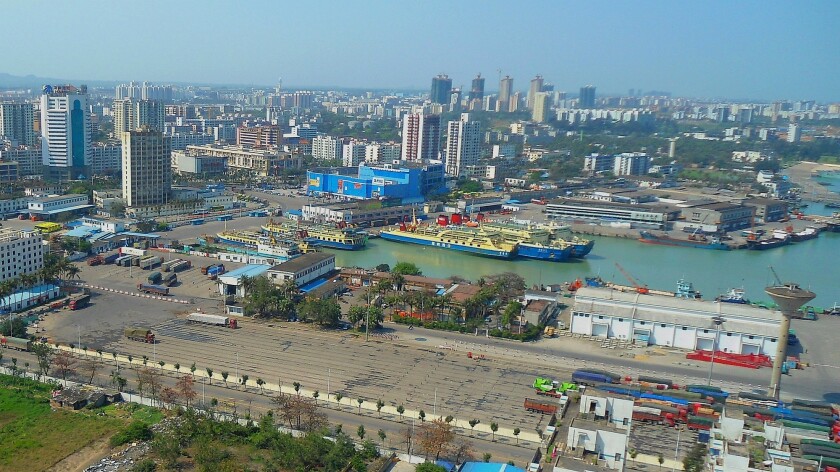On June 30 2022, the Chinese General Administration of Customs (GAC) issued GAC Announcement No. 54. This refines the implementation rules for the voluntary disclosure regime set out in GAC Announcement No. 161, issued in 2019. The refined rules are valid from July 1 2022 to December 31 2023. In parallel, Announcement No. 161 was voided.
Drawing on international best practice, a voluntary disclosure regime (the regime) was initially introduced by the State Council in the revised customs inspection regulations in 2016.
Under the regime, import/export enterprises may be subject to more lenient penalties where they voluntarily report their tax violations to the customs authorities in written form and rectify them promptly.
Key changes
Since its introduction, the regime has contributed toward enhanced enforcement efficiency. Announcement 54 includes several key changes.
Enhanced access to penalty exemption
Announcement 54 provides that an enterprise may be exempted from penalty (i) where a tax violation is voluntarily disclosed to the customs authorities within six months of its occurrence (regardless of the quantum of arrears); or (ii) where a tax violation is disclosed between six months to a year after occurrence and the taxes in arrears is less than 30% of the total tax payable or less than RMB 1 million ($145,000).
Previously, the time threshold was set at three months and for the second case it was ‘after three months’, while the underpaid tax threshold was 10% (or RMB 0.5 million).
Customs ‘credit rating’ impact
The China tax system, including the customs authorities, maintains ‘credit ratings’ for taxpayers. A low rating (the result of repeated violations) can lead to enhanced scrutiny and reduced access to preferential tax/customs services (e.g., import ‘green channels’).
Per Announcement 54, where an enterprise voluntarily discloses its tax violation and is subject to a customs warning or an administrative penalty under RMB 1 million, it will not be ‘marked down’ in the customs credit rating system. Previously, the penalty threshold was RMB 0.5 million.
Clarity on reduction to fines for overdue customs payments
Under the Chinese customs system, unpaid tax can be subject to both penalty and fines for overdue payment. The regime deals with relief from the penalty, but reduction of fines for overdue payment is subject to other regulations.
The earlier Announcement 161 had not made clear how voluntary disclosures on the regime would impact on taxpayer access to procedures to reduce the overdue fines. Announcement 54 now makes clear that this reduction can be applied for in parallel with the process for relief under the regime.
Repeated disclosure
Voluntary disclosure regime abuse is addressed by a new rule providing that the penalty mitigation rules do not apply to a tax violation disclosed twice. This prevents enterprises from dividing a tax violation of more than RMB 1 million into several violations, each with a smaller amount, to improperly access the regime benefits.
Looking ahead
In view of the more lenient treatment under Announcement 54, import/export enterprises are encouraged to set up self-inspection mechanisms to identify potential non-compliance in a timely manner. This will allow them to access the benefits of the new policy within the designated timeframes.
It is expected that the regime will be clarified to cover other non-compliant customs matters, such as quarantine violations.












